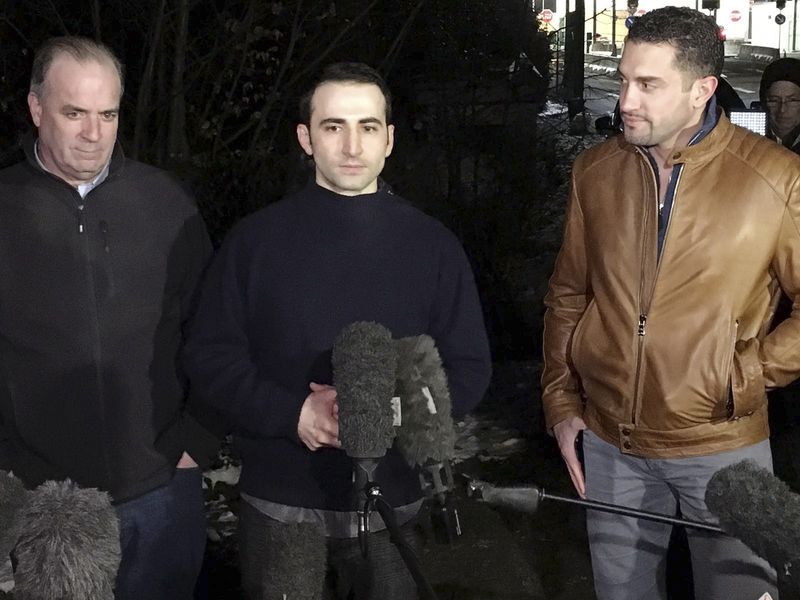By Patricia Zengerle
WASHINGTON (Reuters) - When implementation of the Iran nuclear pact was looming and a secret prisoner swap deal in the works, Obama administration officials called the chairman of the Senate Foreign Relations Committee in early January to ask him to put a hold on calls for sanctions over Tehran's missile test, the senator told Reuters.
Senator Bob Corker is the first U.S. senator to confirm reports by Reuters that there was a link between the Obama administration's delaying sanctions over Iran's ballistic missile program and efforts to free Americans held prisoner there.
He had hoped that the ballistic sanctions would be imposed before the nuclear sanctions were lifted.
"I just thought that that was a better place for us to be, that we were going to be firm in implementing the deal," he told Reuters at the U.S. Senate late on Tuesday. However, he added, "Once I knew that the hostages were wrapped in all of that, I realized it may be difficult for that to occur."
Sources described to Reuters before the prisoner deal was announced how Secretary of State John Kerry and other officials scrambled to ensure that the possibility of new sanctions over Iran's ballistic missile program did not derail the effort.
Corker had been pushing hard for the administration to impose new sanctions since Tehran's ballistic missile tests last year. After the sanctions were almost announced and then delayed on Dec. 30, he issued a strong statement on Jan. 1 calling for action.
Corker was then contacted by President Barack Obama's administration about the link to American prisoners and decided to hold off on more calls for sanctions, for a time.
"I didn't know who we were swapping for, but I knew that the ballistic missile sanctions were being held until such a time that we could work something out on the hostages," Corker said.
"Once you know that we've got an opportunity to get four Americans out, obviously we turn the volume off," he added,
A Swiss plane left Iran on Sunday with Jason Rezaian, the Washington Post's Tehran bureau chief; Saeed Abedini, a pastor from Idaho; and Amir Hekmati, a former U.S. Marine from Michigan, as well as some family members.
Another released Iranian-American, Nosratollah Khosravi-Roodsari, stayed behind. A fifth prisoner, American student Matthew Trevithick, was released separately on Saturday.

The U.S. Treasury Department said on Sunday after the release that it had imposed the sanctions on 11 companies and individuals for supplying Iran's ballistic missile program.